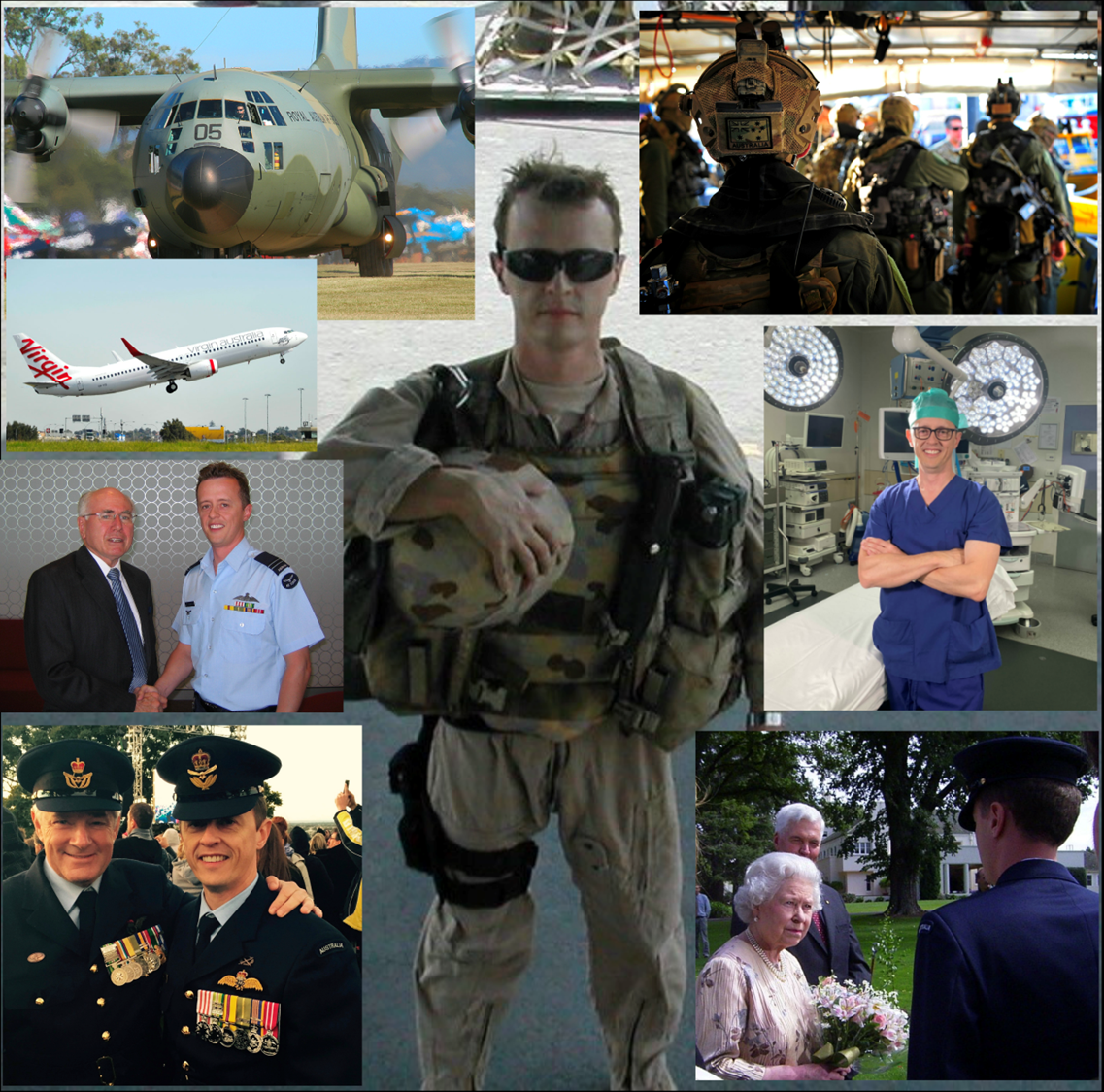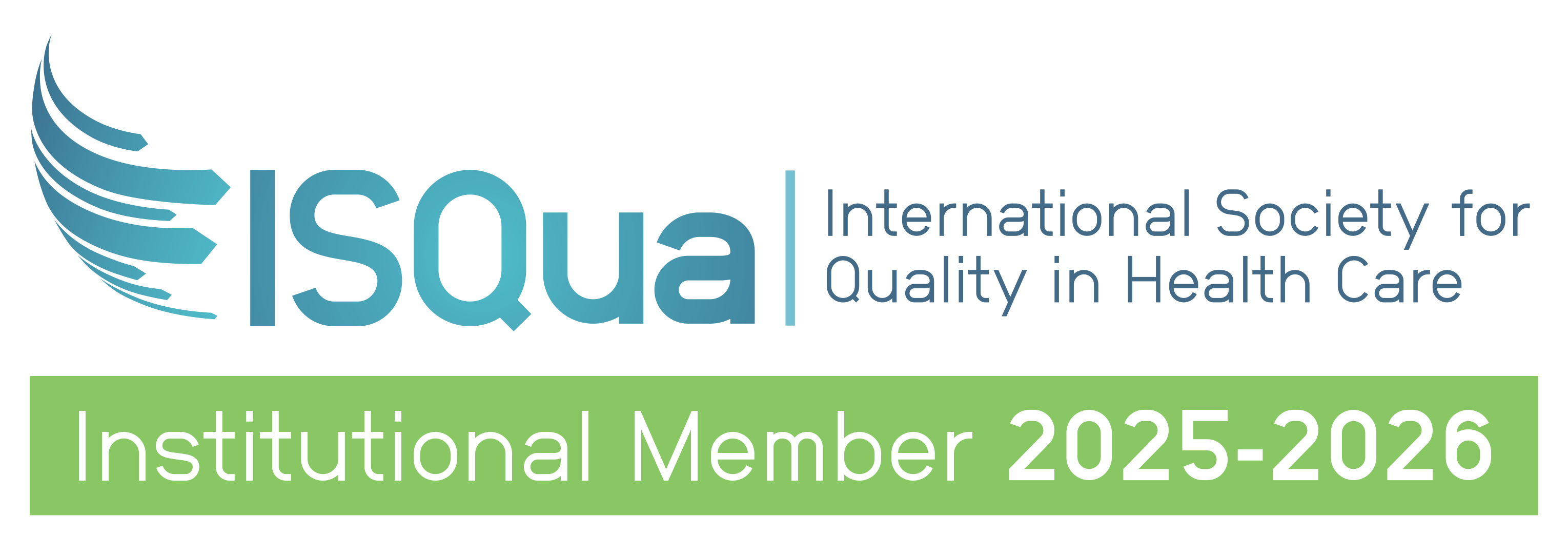
Healthcare Leadership: Boosting teams to excel beyond compliance
Former RAAF pilot, Mr Antony Lock draws on lessons from the military to explain how healthcare leaders can empower teams to strive for excellence beyond regulatory compliance.
Compliance and baseline standards play crucial roles in healthcare systems. However, they are not sufficient on their own to address the complexities and challenges of a rapidly changing healthcare landscape. Healthcare providers striving for exceptional care go beyond minimum requirements and actively seek ways to innovate and implement initiatives to improve patient care outcomes. Excellence in healthcare encompasses a broader perspective, entailing the highest level of quality, efficiency, and patient centred approaches. This approach represents a growing shift in mindset among healthcare organisations striving to deliver care beyond compliance.
The ACHS Improvement Academy are privileged to have faculty member, Mr Antony Lock, Executive Director Clinical Performance & Systens, St John (Ambulance) WA and former Reserve Squadron Leader Pilot at the Royal Australian Air Force (RAAF). He has worked across various healthcare settings including the Director of Patient Safety & Human Performance at Royal Perth and Bentley Hospital’s and led the development of Australia’s first hospital wide, Safety Critical Industry based, Human Factors training course – NEXUS.
Mr Lock facilitates our popular course ‘Leading Through Change’, with ACHS Improvement Academy Director, Associate Professor Bernie Harrison. Associate Professor Bernie Harrison is the Director of ACHS Improvement Academy and holds an academic appointment in quality improvement with School of Public Health, Faculty of Medicine and Health at the University of Sydney. She has over 40yrs experience in health care, as a registered nurse and midwife (NHS England), researcher and quality and safety (Q&S) expert. Together they bring a unique perspective on leadership and the changing landscape of healthcare.
By reflecting on Mr Lock’s experiences working in unpredictable and high-stress operations across the world, we draw lessons on how military leadership can inform best practise in healthcare.
Mr Lock emphasises that by building leadership capabilities in staff, healthcare organisations can foster an environment that supports stronger overall healthcare delivery. Healthcare leaders can adopt a similar mindset by promoting a culture of continuous learning, professional development, and knowledge sharing.
“The one great thing I look for in leaders is the characteristic of being curious. I try to be the person who is learning the most in the room, rather than the smartest. Encouraging a culture where mistakes are seen as opportunities for learning is essential. When we give people the opportunity to succeed and fail, that’s where the growth sits.” Mr Lock remarks.

Pictured: Mr Antony Lock
Leadership sets the tone and creates the conditions necessary for building a culture that goes beyond compliance. Effective leaders inspire, empower, and engage teams to aim for excellence and continuous improvement.
“One thing I did learn in one of the first lessons in my military training was that leadership states are transferable. What do we need to instigate change? And it really is about a clear message, and it really is around the direction.”
Mr Lock’s teachings provide practical and actional insights to help healthcare leaders navigate through change.
Don’t miss our next ‘Leading Through Change’ session as Mr Lock shares his experiences leading in the military and his views on effective leadership, including:
- Setting a compelling vision
- Empowering teams
- Fostering a culture of continuous learning
Register now or learn more about how leaders can create energy for change here.

